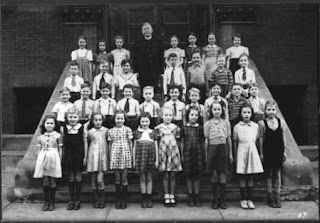 |
| ©Reprinted by permission of ANDREWS MCMEEL SYNDICATION. All rights reserved. |
What a week for Paris to Pittsburghers, and honorary citizens everywhere who are working to prevent and protect against climate change.
• Last week, National Geographic aired “Paris to Pittsburgh,” about how localities in the U.S. are moving toward a green future. If you missed it, there’s still a few days to stream the movie for free on YouTube.
• Just last night, the U.S. and 200 countries agreed on the “rule book,” the next steps in the Paris Agreement on climate change.
The U.S. was there even though President Donald Trump last year said the country was pulling out of the agreement—it hasn’t done so yet. (For more on that, see last week's post here.)
In the film, Pittsburgh Mayor Bill Peduto described his doubletake in June 2017 when his phone pinged with President Trump’s news that he was elected “to represent the citizens of Pittsburgh, not Paris” as his reason to exit the Paris Agreement.
The film was for me was a horrifying but also hopeful look at what Miami, Pittsburgh, and Iowa, for example, are doing to move to combat climate change. For many, going green is making common and economic sense. For Miami, though, it may be too late.
----------------------
Like this blog post? Then please share! Don't like it? Please comment (nicely).
Want to follow this blog? Enter your email address into the “Follow by email” box.
Rose Marie Burke, an editor and journalist, writes a blog about her personal insights into life in Paris. After 20 years in the City of Light, she still calls her native Pittsburgh "home." You can also find her on LinkedIn, Facebook, or Google+.


